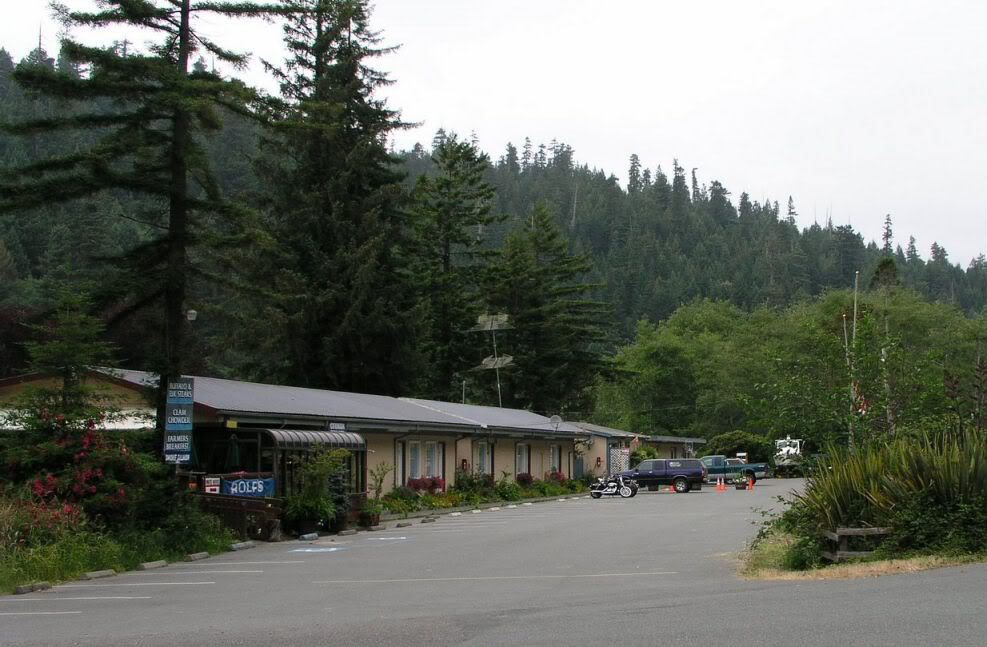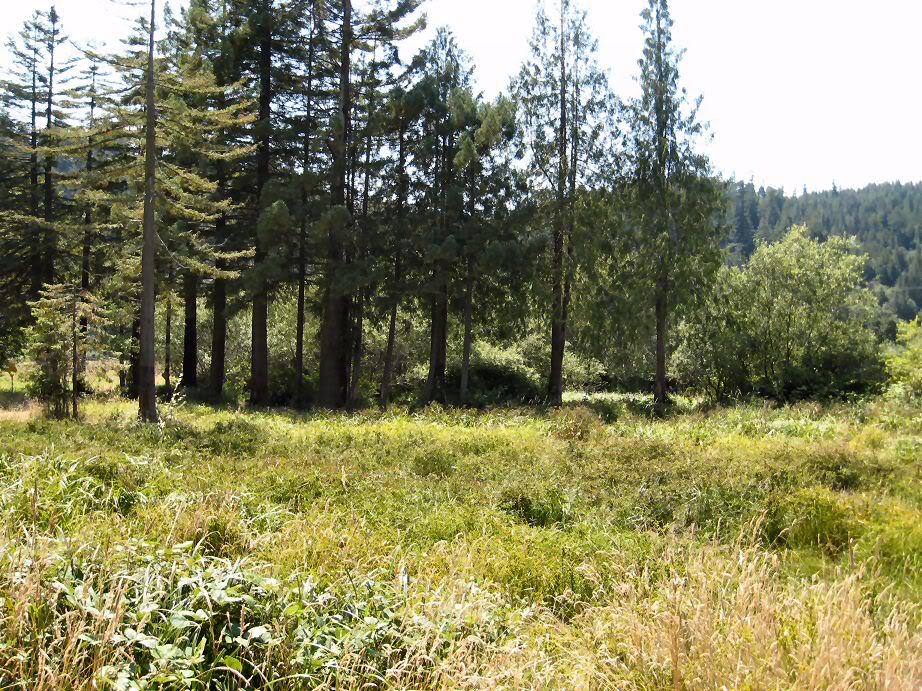Plans are underway to "bulldoze" uninhabited parts of rust belt cities such as Flint and Akron. Sections of these cities will be cleared and returned to nature. Some results will be smaller urban cores which will be cheaper to maintain and service and police. The empty land could be used for many useful projects, even growing food, if necessary.
Some cities, like Detroit, are going bankrupt. They have to downsize in order to survive.
I think this is very smart planning. Some of the empty houses in these cities end up housing criminals. The neighbors are hostages. Hopefully, the residents will be resettled into new neighborhoods. It's always difficult when people lose their homes and neighborhoods. But if energy becomes expensive again, they will be happy to live closer to stores and services.
US cities may have to be bulldozed in order to survive - Telegraph
Some cities, like Detroit, are going bankrupt. They have to downsize in order to survive.
I think this is very smart planning. Some of the empty houses in these cities end up housing criminals. The neighbors are hostages. Hopefully, the residents will be resettled into new neighborhoods. It's always difficult when people lose their homes and neighborhoods. But if energy becomes expensive again, they will be happy to live closer to stores and services.
US cities may have to be bulldozed in order to survive - Telegraph






